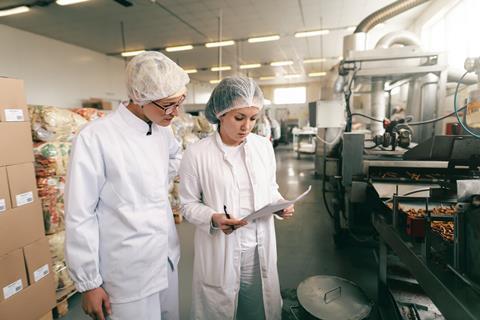
Food manufacturers, including bakery specialists, are said to be missing out on tens of thousands of pounds of government-backed tax relief.
The HMRC Research and Development Tax Scheme was created to encourage business innovation and stimulate the economy through supporting firms to bring new products and services to market or develop new procedures or internal systems.
Due to time constraints, lack of awareness and doubts around eligibility or the legitimacy of the incentive, there are thousands of companies in the UK that are not currently taking part in the scheme, particularly within the food and drink manufacturing industry, according to Research and Development Specialists (RDS).
Published statistics for the scheme showed an increase in food businesses making tax credit claims in 2022 compared to the previous year. However, the average claim value was said to sit in the lower quartile at around £18,600, likely as a result of the Covid pandemic.
In 2022, there were 810 R&D SME claims from the food and drink sector, amounting to a mere 1% of the total 78,825 claims. The claims value in this sector totalled approximately £15m – just 0.4% of the reported £4.2bn total.
“Lots of companies are missing out”
RDS is aiming to demystify the scheme and assist firms in benefitting from R&D tax credits. Its team of experts help simplify the submission process and ‘take a lot of the leg work away from busy accountants, senior teams or business owners’.
R&D tax credits are not PPI for businesses, noted RDS, adding that the scheme is a legitimate government-backed incentive to encourage innovation which has been operating in the UK since 2000.
RDS managing director Mark Joyner revealed they previously had success within the food and beverage sector, such as helping a craft brewing process and packaging equipment supplier claim £55,000 last year. The 15-year-old company had developed its own bespoke beer canning system for new and existing customers.
Joyner said they were finding that companies working in this area have invested in qualifying activities like conducting research into health and ingredients or developing new equipment or processes to improve the scale, speed or efficiency of manufacturing or packaging. “The research and development related to this then makes them eligible for tax credits, but that’s not widely known. Lots of companies are missing out,” Joyner added.
One of the common misconceptions surrounding eligibility for R&D tax relief is that businesses need to employ people wearing lab coats and undertaking scientific research. RDS stressed that this is not the case, giving examples that qualify for the scheme such as:
- Developing a new product
- Creating new preservation methods to speed up production without affecting the texture of the product
- Experimenting with reformulation to improve nutritional requirements
- Developing new free-from product lines
- Creating sustainable, eco-friendly living environments
- Improving functionality of product packaging to increase shelf life, improve sustainability and recyclability or reduce costs.
Any type of limited business in the UK can make a claim for R&D tax relief, which is applied as a reduction in corporate tax.
A company’s research project must relate to its trade, but does not need to have been completed, noted RDS. The claimant must also be able to demonstrate how its project:
- Looks for an advance in science and technology
- Has been necessary to overcome uncertainty
- Has tried to overcome this uncertainty.
- Could not be easily worked out by a professional in the field
There is a different type of scheme for SMEs than for large companies, with the HMRC’s definition of an SME being one that employs less than 500 people and with a turnover of up to £85m or a balance sheet no higher than £73m. An SME’s eligible R&D costs receive an additional 130% deduction when calculating the taxable profit.
Typically, an R&D claim can be submitted for a company’s current and previous financial year. If a claim is historical, the monies will be claimed back as a repayment of overpaid corporation tax.
For companies operating at a loss, the R&D claim will increase the loss arising. This loss can then be set against prior and future profits of the company, or it can be converted into a cash repayment by using a process HMRC calls ‘surrender’, whereby the business takes a slightly lower benefit percentage for the ‘cash now’.
Demand continues to rise for healthier products, with Scottish bakery businesses awarded funding to support projects that help improve the nutritional content of savoury and sweet goods. This includes a batch of 13 firms in the past week, as well as another baker’s dozen earlier this year.




















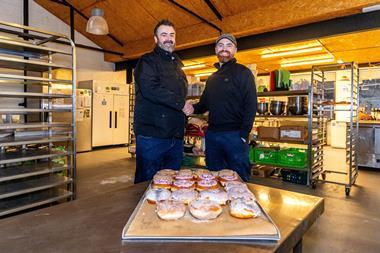
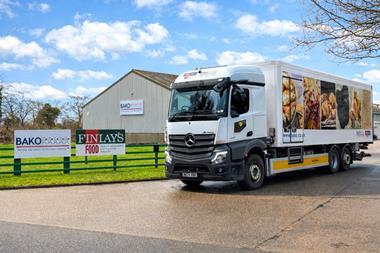
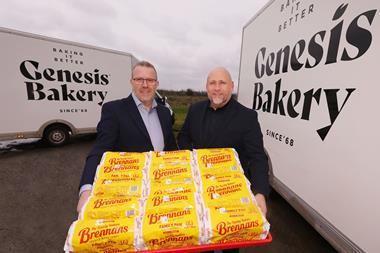


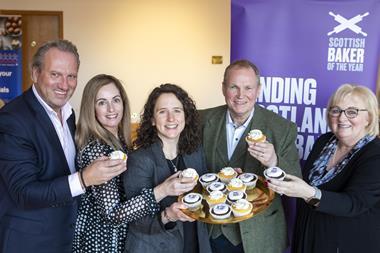






No comments yet